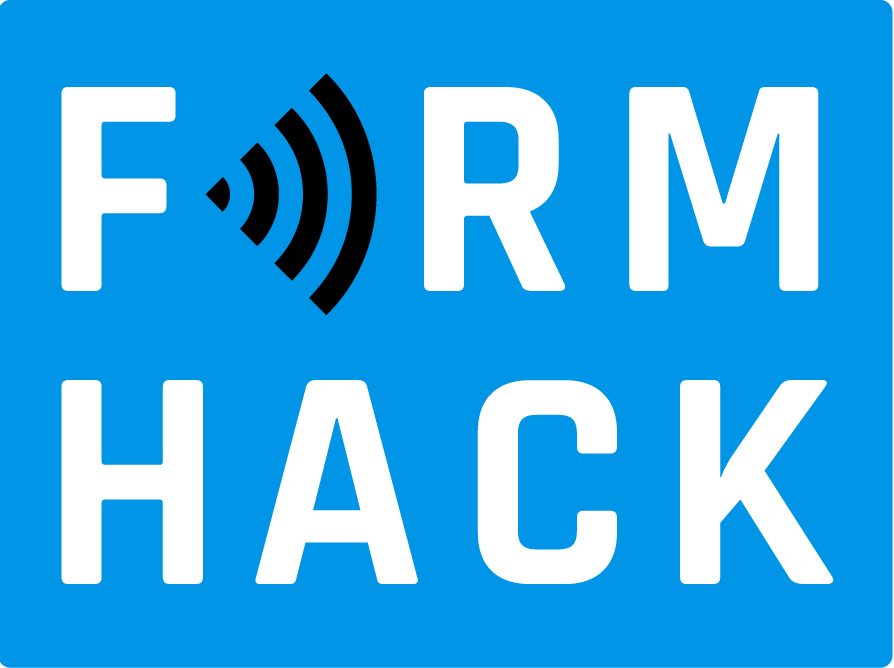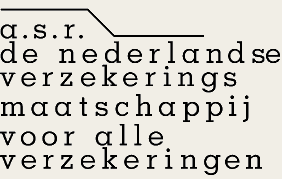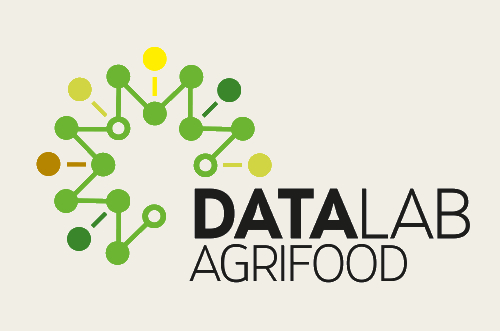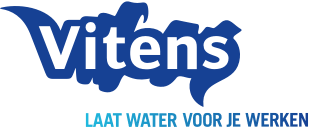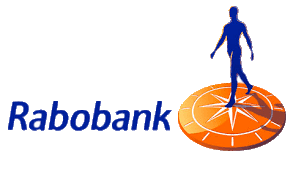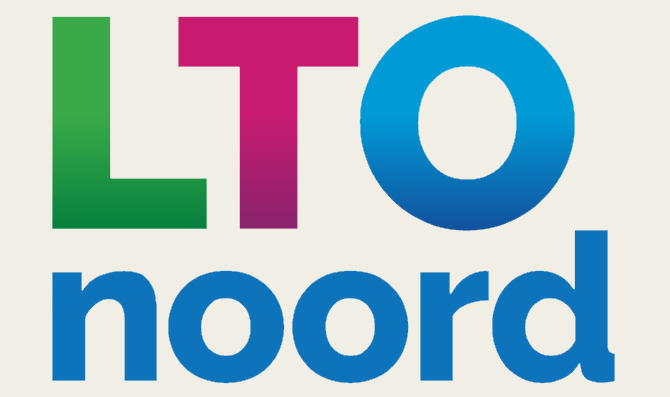Aanmelden tot
Apply until
10 april
Datum
Date
10 & 11 April 2018
Prijs:
Event fee:
free
Plekken vrij:
Places left:
0
tijd tot sluiting aanmelding
countdown
Activiteitsdetails
Event details
Aanmelden tot:
Register until:
10 april
Datum:
Date:
10 & 11 April 2018
Prijs:
Event fee:
free
Voor wie:
For whom?
experts in artificial intelligence and machine learning, RS and radar creatives, tech savvy coders and developers, and domain experts.
Plekken vrij:
Places left:
0
Locatie:
Location:
Mercure Hotel
De Nieuwe Poort 20
3812 PA Amersfoort
The Netherlands





